William Christie & Les Arts Florissants - Jean-Philippe Rameau: Hippolyte et Aricie (1997)
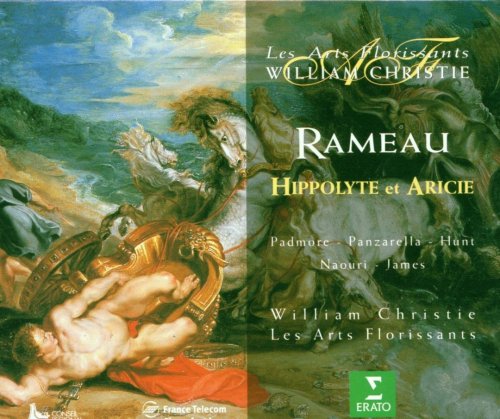
Artist: Les Arts Florissants, William Christie
Title: Jean-Philippe Rameau: Hippolyte et Aricie
Year Of Release: 1997
Label: Erato
Genre: Classical
Quality: FLAC (image + .cue, log, artwork)
Total Time: 03:01:43
Total Size: 1003 MB
WebSite: Album Preview
Title: Jean-Philippe Rameau: Hippolyte et Aricie
Year Of Release: 1997
Label: Erato
Genre: Classical
Quality: FLAC (image + .cue, log, artwork)
Total Time: 03:01:43
Total Size: 1003 MB
WebSite: Album Preview
This isn’t a new recording of Hippolyte et Aricie , but a reissue of the one recorded in Paris at the Salle Wagram in 1996, following a wildly successful series of performances the year before at the Palais Garnier. That original release was well and thoroughly reviewed in these pages by David Johnson ( Fanfare 20:6).
Sylvie Bouis-sou’s edition, as Johnson notes, ups the ante on authenticity over Minkowski/Musiciens du Louvre (Archiv 001572102) with numerous changes, much but not all of it recitative, in an attempt to get at what Rameau wanted before being forced to make concessions for the performance of his first opera. The most significant variation occurs at the end of the work, where conductor William Christie includes some recitative, a short air, and a reprised chorus that aren’t in Minkowski. (Johnson prefers Minkowski; I prefer Christie). The differences throughout are such that, as Johnson points out, you can’t follow the Christie version with Minkowski’s libretto—which makes Warner’s decision to eliminate the old libretto and English translation and replace them with brief synopses all the more regrettable. Christie’s is also the larger ensemble of the two, though still within the bounds of period accuracy. Johnson, again, opts for Minkowski because of the solo work that stands out, but I find Les Arts Florissants far more involved than Les Musiciens du Louvre in many places, especially the magnificently atmospheric Underworld scenes of act II. Minkowski here seems tense and ill at ease.
Where the singers are concerned, I second Johnson’s views without reservation. Mark Padmore is an affecting and lyrical Hippolyte. Lorraine Hunt is exceptional as Phèdre, for interpretation, vocal beauty, and agility. Laurent Naouri is superb: a firm lower range, and a refined baritonal timbre for the top notes, at a time when basses were expected to have it all. Eirian James, whom Johnson doesn’t mention, combines forward enunciation with a dark tone, and a strong theatrical sense. Only Anna-Maria Panzarella moderately disappoints, though she actually sounds better here than in several later DVD and CD releases I’ve reviewed, especially Rameau’s Les Boréades (Opus Arte OA 0899 D) and Desmarest’s Venus et Adonis (Ambroisie 127). In retrospect, Johnson’s point about her tendency to sing ever so slightly flat followed by an adjustment upward after landing on a held note may have been a precursor to her later problems, which include sluggish movement from note to note and an inability to color or soften the voice.
In all but Panzarella, Christie’s Hippolyte et Aricie is as good as or better than Minkowski. It’s great to see it back in print, and reason once more to regret the loss of Erato as an active record producer. -- FANFARE: Barry Brenesal
Sylvie Bouis-sou’s edition, as Johnson notes, ups the ante on authenticity over Minkowski/Musiciens du Louvre (Archiv 001572102) with numerous changes, much but not all of it recitative, in an attempt to get at what Rameau wanted before being forced to make concessions for the performance of his first opera. The most significant variation occurs at the end of the work, where conductor William Christie includes some recitative, a short air, and a reprised chorus that aren’t in Minkowski. (Johnson prefers Minkowski; I prefer Christie). The differences throughout are such that, as Johnson points out, you can’t follow the Christie version with Minkowski’s libretto—which makes Warner’s decision to eliminate the old libretto and English translation and replace them with brief synopses all the more regrettable. Christie’s is also the larger ensemble of the two, though still within the bounds of period accuracy. Johnson, again, opts for Minkowski because of the solo work that stands out, but I find Les Arts Florissants far more involved than Les Musiciens du Louvre in many places, especially the magnificently atmospheric Underworld scenes of act II. Minkowski here seems tense and ill at ease.
Where the singers are concerned, I second Johnson’s views without reservation. Mark Padmore is an affecting and lyrical Hippolyte. Lorraine Hunt is exceptional as Phèdre, for interpretation, vocal beauty, and agility. Laurent Naouri is superb: a firm lower range, and a refined baritonal timbre for the top notes, at a time when basses were expected to have it all. Eirian James, whom Johnson doesn’t mention, combines forward enunciation with a dark tone, and a strong theatrical sense. Only Anna-Maria Panzarella moderately disappoints, though she actually sounds better here than in several later DVD and CD releases I’ve reviewed, especially Rameau’s Les Boréades (Opus Arte OA 0899 D) and Desmarest’s Venus et Adonis (Ambroisie 127). In retrospect, Johnson’s point about her tendency to sing ever so slightly flat followed by an adjustment upward after landing on a held note may have been a precursor to her later problems, which include sluggish movement from note to note and an inability to color or soften the voice.
In all but Panzarella, Christie’s Hippolyte et Aricie is as good as or better than Minkowski. It’s great to see it back in print, and reason once more to regret the loss of Erato as an active record producer. -- FANFARE: Barry Brenesal

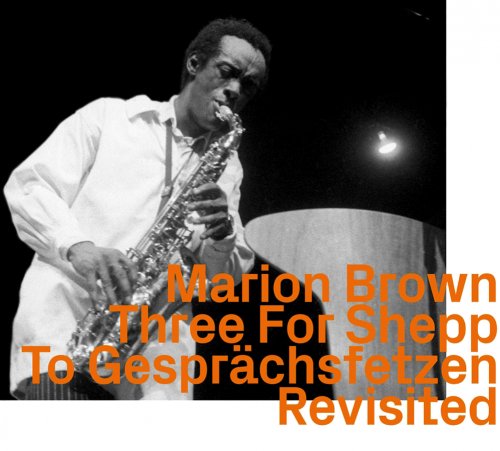
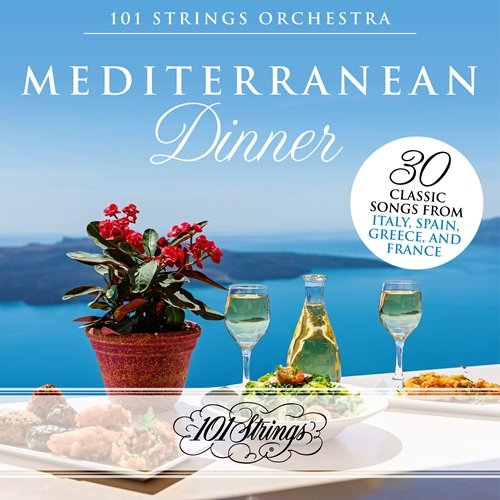
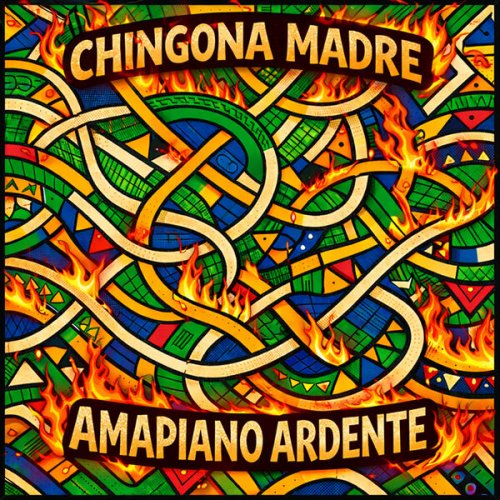
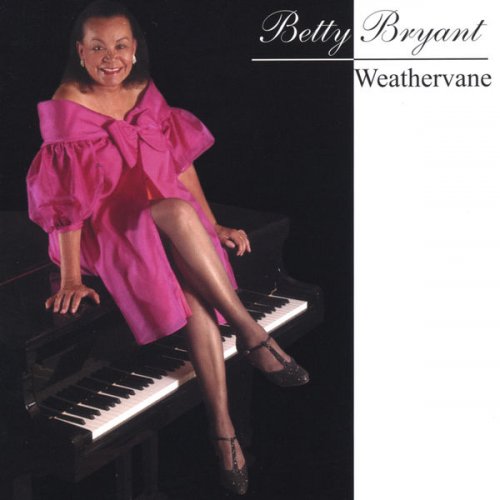
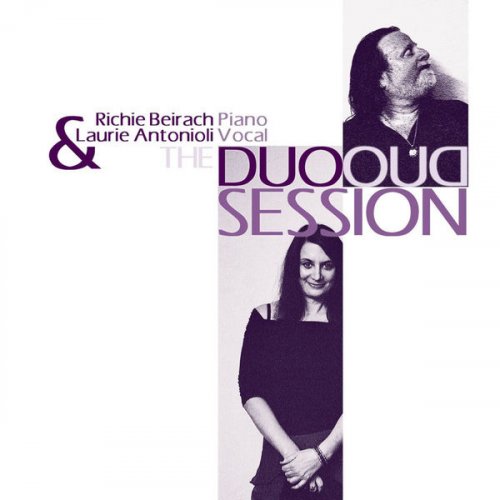
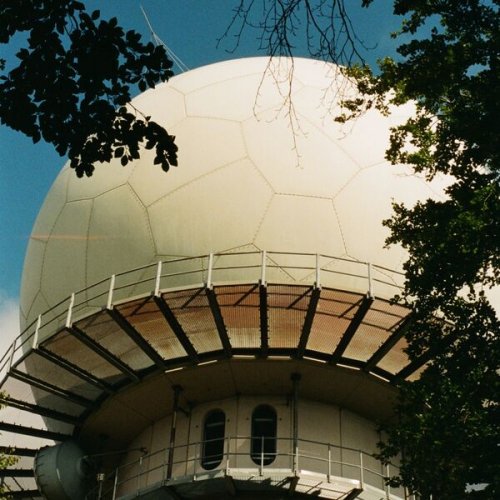
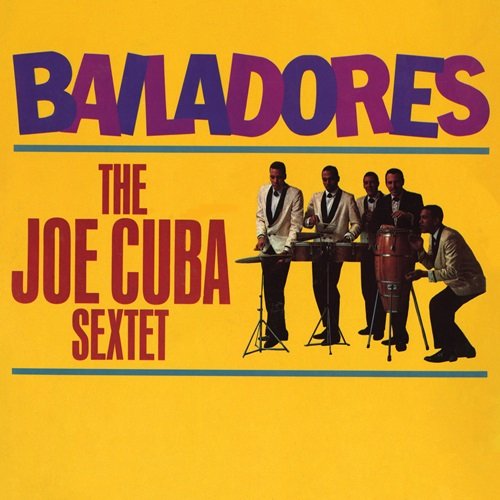
![Dimitri Nassar Trio - Dear Cleveland, Live at Treelawn Music Hall, Cleveland OH (2026) [Hi-Res] Dimitri Nassar Trio - Dear Cleveland, Live at Treelawn Music Hall, Cleveland OH (2026) [Hi-Res]](https://img.israbox.com/img/2026-01/25/qh0kick3gu9sz0xs3oycm9swu.jpg)
![Chet Baker Quartet - Chet Baker in Paris Vol. 1 (1955) [2024 SACD] Chet Baker Quartet - Chet Baker in Paris Vol. 1 (1955) [2024 SACD]](https://www.dibpic.com/uploads/posts/2026-01/1769584371_ucgu-9074.jpg)